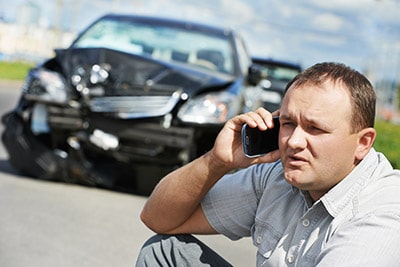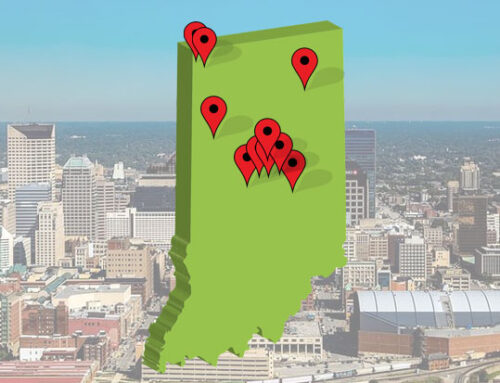If someone is driving for DoorDash, Uber, or Lyft, and gets into an auto accident, will their insurance policy cover their loss? Will the company cover their loss?
The language in regular auto insurance policies state that the company will not provide coverage when the covered vehicle is being used by someone logged into a transportation network app. The policy also states that the insurer will not pay for any loss while the vehicle is being used as a public or livery conveyance.
The phrase public or livery conveyance, as well as the terms stating that coverage will not be provided when the vehicle is being used by someone logged into a transportation network app, do not apply to food delivery services such as DoorDash. The phrases above would seem to refer only to some form of ride-sharing transportation.
Currently, most insurers offer some form of ridesharing insurance, which people can bundle with their personal insurance. This allows for coverage of their vehicle, even when being used for ridesharing. If a person does not have this type of insurance, their policy would exclude coverage. However, currently both Uber and Lyft offer insurance when the app is turned on. The amount of coverage goes up depending on whether or not you are looking for a passenger, are going to pick up a passenger, or have a passenger in your car, but Uber and Lyft will provide a backup in the event that an insurer would not cover someone.
However, apps like GrubHub and DoorDash are different. While most policies only mention things like ridesharing, they do not explicitly exclude coverage for food delivery apps. The food delivery apps themselves offer much more limited coverage for their drivers, and in the case of DoorDash, the only time they offer coverage is when a driver has the food in their car. Because the above insurance contract terms do not mention food delivery apps such as DoorDash, how does one know if they are covered or not?
This question shows that there is ambiguity in the insurance contract. According to the case Gallant Insurance Co. v. Amaizo Fed. Credit Union, when terms of an insurance contract are ambiguous, they should be given their ordinary meaning. Where the terms are unclear, the terms should be interpreted strictly against the insurer.
The terms laid out in this policy do not directly list food service delivery apps as an exclusion for coverage. Because these terms are not included, there is ambiguity. The unclear terms should be given their ordinary meaning, as read by an average policy holder. The terms of the insurance contract seem to refer only to ride-sharing apps such as Lyft or Uber, and do not refer to any food delivery apps such as DoorDash. Because the contract terms are unclear and do not specifically exclude coverage while driving for such an app, the insurance company should cover those drivers who work for DoorDash.





